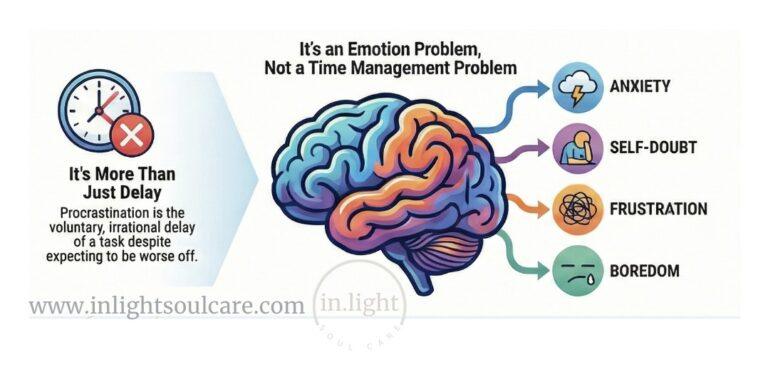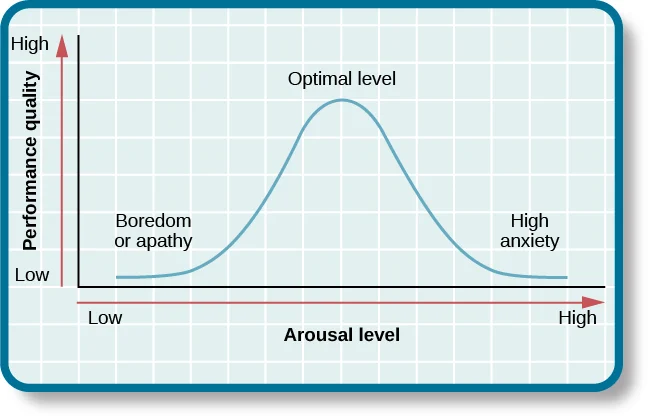Are You Burnt Out and Not Realizing It? The Burnout Signs Caregivers Miss
Caregiver burnout often feels like stress or fatigue, but it also shows up as sickness, irritability, or escape plans. Learn the hidden signs that we often miss and what to do next.
Burnout doesn’t always show up the way we expect. Especially for caregivers like nurses, therapists, chaplains, and family supporters. It often hides behind physical symptoms, subtle emotional changes, and a quiet but growing urge to escape.
You might not think, “I’m burnt out.”
You might just think:
“I’m tired all the time.”
“I’m snapping at people I love.”
“I feel off, sick, or heavy.”
“I need a break… maybe forever.”
According to the World Health Organization, burnout is a legitimate occupational phenomenon caused by chronic workplace stress that hasn’t been successfully managed. Caregiving professions are especially vulnerable because the role demands constant emotional output without equal replenishment, leading to compassion fatigue as well.
Why Caregivers Miss the Signs of Burnout
If you’re in a caregiving profession or support role, you’ve likely been conditioned to prioritize everyone else.
Caring becomes a way of life: for your patients, clients, coworkers, kids, partner, parents.
So when burnout creeps in, it feels wrong to admit it. Caring for yourself may even feel selfish or against your values.
But here’s the truth: You can’t give what you no longer have.
The National Alliance for Caregiving reports that many caregivers ignore their own health until they’re already facing chronic illness or emotional breakdown. This makes early recognition and intervention essential.
Common Signs of Caregiver Burnout
As described by the Mayo Clinic, common symptoms of caregiver burnout include:
– Persistent fatigue, even after rest
– Irritability or emotional outbursts
– Resentment or frequent complaints
– Difficulty completing basic daily tasks
– Withdrawal from social interaction
– Escapist thoughts (quitting, retiring early, isolation)
What’s most dangerous? We start making major life decisions from a place of depletion, not clarity.
The American Psychological Association explains that chronic stress impairs decision-making, making it more reactive and emotionally driven. If you’re making career or life choices while burnt out, you’re likely doing so from survival mode instead of from a place of trust, vision, or hope.
Healing from Burnout Starts with a Major Shift
The biggest shift is emotional:
Allow yourself to stop. To receive. To be.
Believe that caring for yourself will actually sustain your calling.
This is where the work begins.
Researchers like Kristin Neff and voices like Brené Brown have long emphasized that self-compassion is essential for those in helping professions. But for many caregivers, it feels deeply uncomfortable. That discomfort is the signal that healing is beginning.
You Don’t Have to Burn Out to Make a Change
I work with caregivers like nurses, therapists, chaplains, and family members, who’ve spent so long pouring out that they’ve forgotten how to pour inward.
Together, we:
– Name what’s really going on
– Reconnect you with who you are beyond what you do as a job
– Help you make aligned, clear decisions from a place of wellness
We will identify what rest looks like to you. Because if you’re a busy person – rest can still look busy – truly you can rest while being active. Person-centred care is the goal.
If this resonated, reach out here or explore how therapy or coaching can help.






